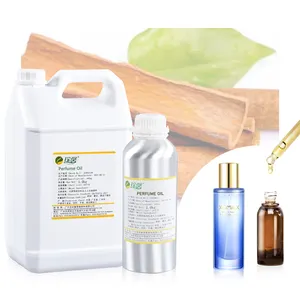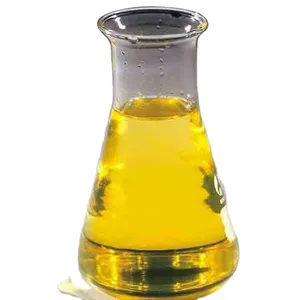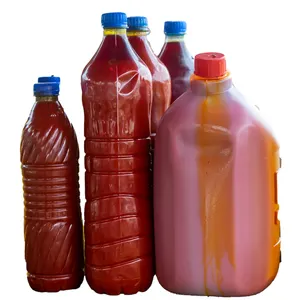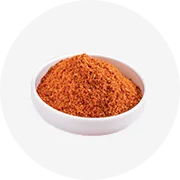Understanding Palm Oil for Soap Making
Palm oil, a versatile ingredient in the soap-making industry, is derived from the pulp of the fruit borne by palm trees. Its utility in creating palm oil for soap making is well-regarded due to its ability to produce a hard, long-lasting bar with a stable lather. Soap makers value this oil for its conditioning properties and its balanced composition of saturated and unsaturated fatty acids.
Types and Forms of Palm Oil Used in Soap
There are various forms of palm oil utilized in soap production. The crude version retains more of the natural vitamins and antioxidants, while refined palm oil offers a more neutral color and scent. For those seeking alternatives, palm kernel oil for soap making is also widely used, providing different textural properties and lathering qualities. Additionally, red palm oil for soap adds a characteristic hue and is rich in antioxidants.
Benefits and Features of Palm Oil in Soap
Palm oil enhances soap with its moisturizing capabilities, contributing to skin hydration without leaving a greasy residue. It is also known for its stability, which helps extend the shelf life of the final soap product. For those interested in alternative soap compositions, palm oil free soap and soap without palm oil options are available, catering to diverse consumer preferences.
Applications and Advantages
The application of palm oil in soap extends beyond just bar soaps. It is a key ingredient in many cleansing products due to its ability to remove oil and dirt effectively. Its versatility is also seen in making soap with palm oil, where it can be combined with other oils to achieve various textures and skin benefits. For consumers concerned with environmental and ethical sourcing, no palm oil soap and non palm oil soap variants offer sustainable and ethical alternatives.
Quality and Specifications
Quality is paramount when selecting palm oil for soap production. Specifications such as the iodine value and slip melting point are crucial for soap makers to consider, ensuring the right consistency and performance of the soap. The fatty acid profile is also essential, impacting the hardness, lather, and moisturizing properties of the soap. For those seeking natural options, natural palm oil soap provides a product closer to its organic state, often preferred for its minimal processing.
Environmental Considerations and Alternatives
The soap industry is increasingly aware of the environmental impact of palm oil cultivation. As a result, there is a growing demand for palm free soap and formulations focusing on soap making without palm oil. These products cater to a market segment that is environmentally conscious and looking for sustainable hygiene options.













































 浙公网安备 33010002000092号
浙公网安备 33010002000092号 浙B2-20120091-4
浙B2-20120091-4